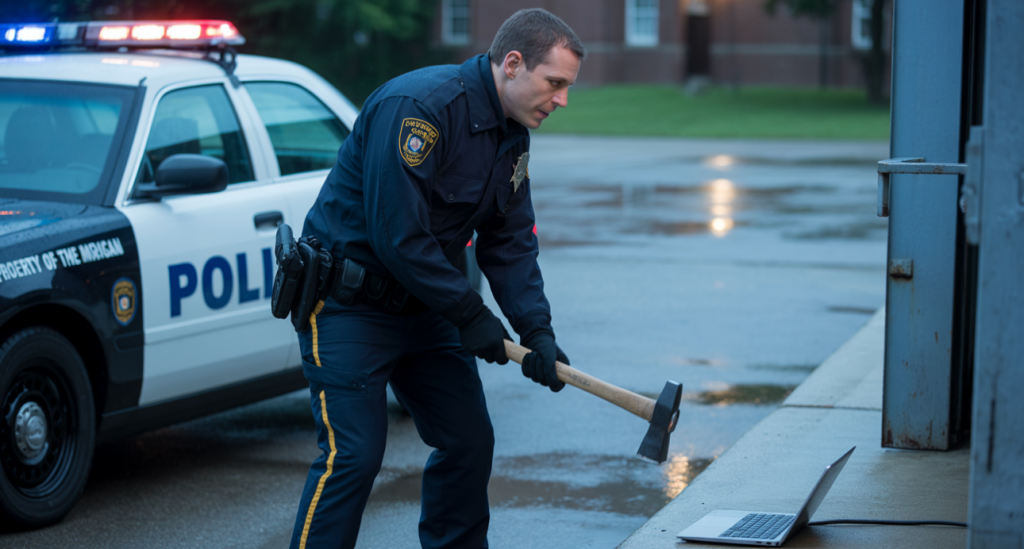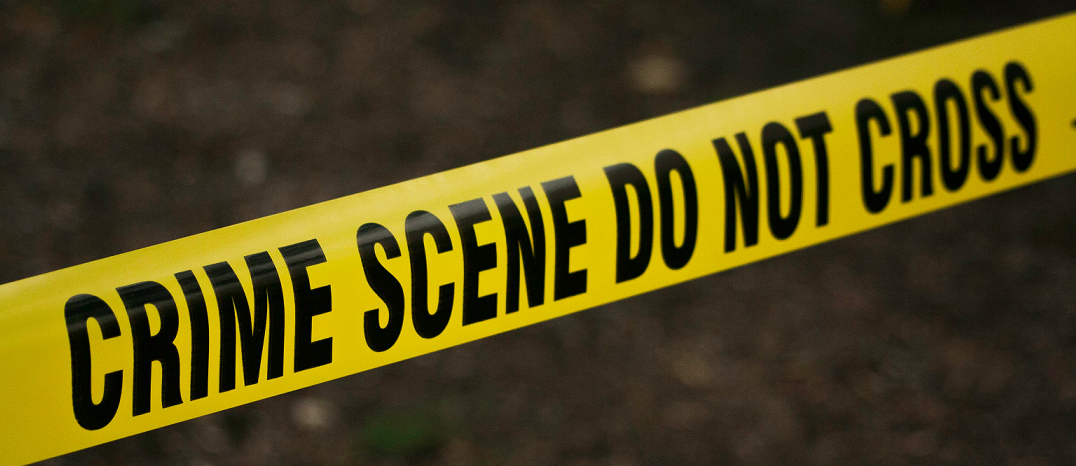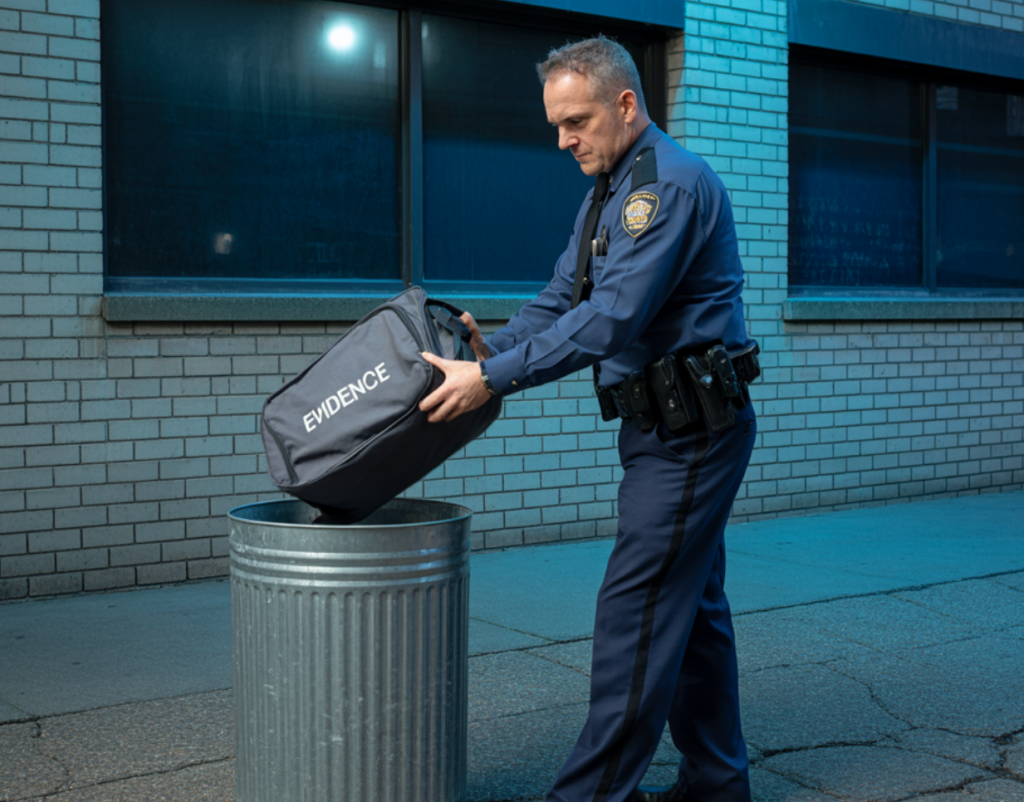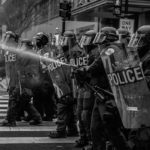What happens when the government destroys evidence?
Evidence destruction can violate due process. Under the right circumstances, a skilled defense lawyer can move for the dismissal of all charges.

Due Process Prohibits the Destruction of Evidence
Evidence destruction by the prosecution or law enforcement can be a severe problem when attempting to defend someone charged with a crime. In United States v Collins (decided August 2015), the government destroyed meth-making equipment, citing public safety concerns. The government did not test the equipment to see if the defendant’s or any other fingerprints were on the items. The defendant asked for dismissal because the government destroyed evidence.
Just as in the Collins case, the attorneys with LEWIS & DICKSTEIN, P.L.L.C. regularly see instances where the police destroy or fail to preserve evidence favorable to the defense. Our attorneys fearlessly fight these cases to protect our clients’ rights and expose the government when it engages in constitutional violations and other misconduct.
The Court of Appeals Considers When the Government Destroys Evidence
The Court of Appeals held that two different legal standards might apply when determining a due process violation for destroying evidence. “Where the government has failed to preserve “material exculpatory evidence,” the defense may prevail if it proves that the evidence possessed “an exculpatory value that was apparent before the evidence was destroyed” and was “of such a nature that the defendant would be unable to obtain comparable evidence by other reasonably available means.” If, however, the “exculpatory value is indeterminate and only potentially useful,” the defendant must show bad faith on the part of the government in the destruction of evidence. Under either standard, the burden of showing wrongdoing by the government is on the defendant. In other words, the defendant must present proof that the government destroyed evidence.

How can someone be convicted if the government destroyed evidence?
The criminal justice system, while striving for fairness and justice, is inherently imperfect, and this is evident in cases where convictions occur despite police misconduct, such as destroying evidence or fabricating confessions. One of the primary reasons for this imperfection is the complex nature of legal proceedings and the interpretation of laws. Even with identified misconduct, the legal system often relies on the principle of materiality and prejudice. Prejudice means that a court must decide whether the misconduct significantly impacted the defendant’s right to a fair trial. If the destroyed evidence is deemed not central to the case or if there is overwhelming other evidence pointing to guilt, an appellate court may uphold a conviction.
Moreover, applying doctrines like ‘harmless error’ further complicates matters. This doctrine suggests that some legal errors or misconduct might not be substantial enough to overturn a conviction, especially if the court believes the outcome would have been the same. Additionally, the systemic issues within the criminal justice system, such as overburdened court-appointed attorneys, heavy caseloads, limited resources, and sometimes an overemphasis on securing convictions, can lead to inadequate scrutiny of police conduct. This environment can create situations where misconduct goes undiscovered or the court minimizes its impact on a case. Thus, despite checks and balances intended to uphold justice, the system’s imperfections can sometimes lead to convictions even in the face of questionable law enforcement practices, underscoring the need for continual reform and vigilance in pursuing fair legal proceedings.
Examples of Police and Prosecutorial Misconduct
Police and prosecutorial misconduct can take various forms, impacting the criminal justice system’s integrity. These include:
- Destruction of Exculpatory Evidence: This involves the government intentionally destroying or failing to preserve evidence that could prove a defendant’s innocence. Exculpatory evidence is critical in ensuring a fair trial, and its loss or destruction can significantly affect a case’s outcome.
- Fabrication of Evidence: Law enforcement officers or prosecutors might fabricate evidence to strengthen their case. Fabricating evidence could involve planting evidence at a crime scene, creating false documents, or manipulating physical evidence.
- Coercion and Improper Interrogation: Coercing suspects into making false confessions or statements is a severe form of misconduct. Coercion can involve physical harm, threats, or psychological manipulation during interrogations.
- Witness Tampering: Influencing or intimidating witnesses to alter their testimony can severely undermine the justice process. Tampering with witnesses may involve threats, bribes, or providing false information to witnesses.
- Withholding Evidence: Prosecutors are obligated to disclose all relevant evidence to the defense, including evidence that might exonerate the defendant. Failure to disclose such evidence, deliberately hiding it, or when the government destroys it, is a serious ethical and legal violation.
- Misleading Testimony: Police officers or prosecutors might present misleading or false testimony in court. Misleading includes exaggerating evidence, lying under oath, or presenting a biased interpretation of facts.
- Selective or Vindictive Prosecution: Targeting individuals for prosecution based on discriminatory factors such as race, religion, or political affiliation, or pursuing a case for personal vendettas, constitutes misconduct.
- Improper Relationships with Witnesses or Jurors: Forming personal or inappropriate relationships with witnesses or jurors to influence their testimony or decision-making is unethical and illegal.
- Failure to Correct Known False Testimony: If a prosecutor or police officer becomes aware that false testimony has been given, they have an ethical duty to correct it. Failing to do so contributes to wrongful convictions.
Each form of misconduct undermines the fairness and integrity of the criminal justice system, leading to potential miscarriages of justice. These actions not only affect individual cases but can also erode public trust in the legal system. Who can stop police and prosecutorial misconduct? The defense attorneys with LEWIS & DICKSTEIN, P.L.L.C. have been fighting and exposing governmental misconduct, such as destroying evidence, for decades. We have an unparalleled track record and a reputation for fearlessly and tenaciously fighting to protect our clients’ rights.

Specialists In Evidence Issues, Including Evidence Destruction.
Evidence destruction and any other evidence manipulation by the government are detrimental to someone’s successful defense. Some average lawyers will complain and then proceed with handling the case. Then there are the federal defense attorneys with LEWIS & DICKSTEIN, P.L.L.C., who will pull no punches in holding the Government responsible for its misdeeds, including when it destroys evidence. When your freedom is at risk, you want to have a representative who will do everything humanly possible to protect you, including exposing the truth when the government destroys, manipulates, or illegally seizes evidence.
The attorneys at LEWIS & DICKSTEIN, P.L.L.C. are Michigan’s premier criminal defense attorneys. The firm is well-respected by other lawyers, judges, and current and former clients. The attorneys are often called on for public speaking engagements regarding criminal law and are frequent lecturers at legal conferences. The firm’s attorneys are also multiple award winners for excellence. LEWIS & DICKSTEIN, P.L.L.C. is the firm to count on when facing the criminal justice system. Do not put your future at risk with “average” when you can have “great.” The need for a great criminal defense attorney is even stronger when the government destroys evidence or engages in misconduct.
Call us today at (248) 263-6800 for a free consultation or complete an online Request for Assistance Form. We will contact you promptly and find a way to help you.














